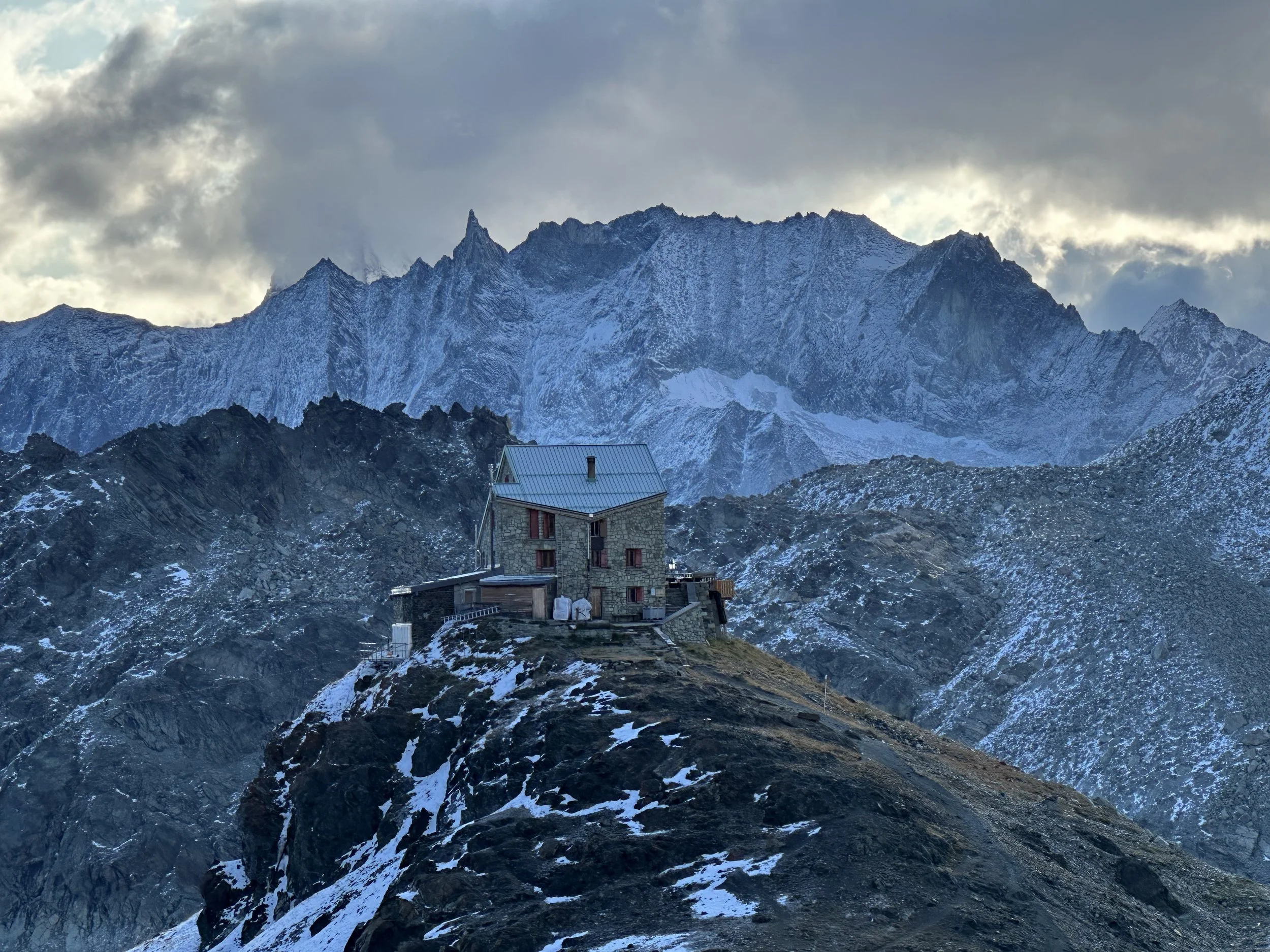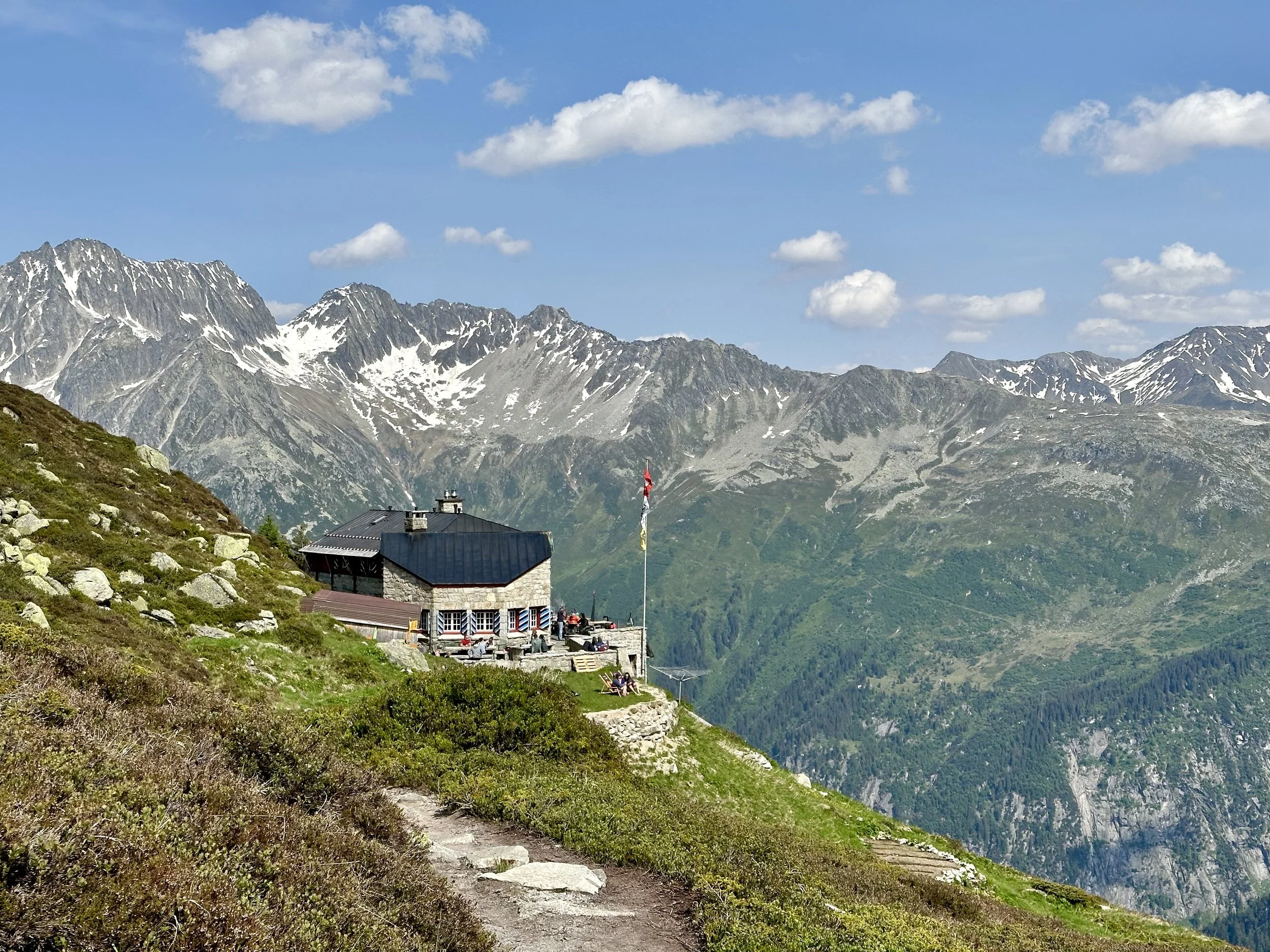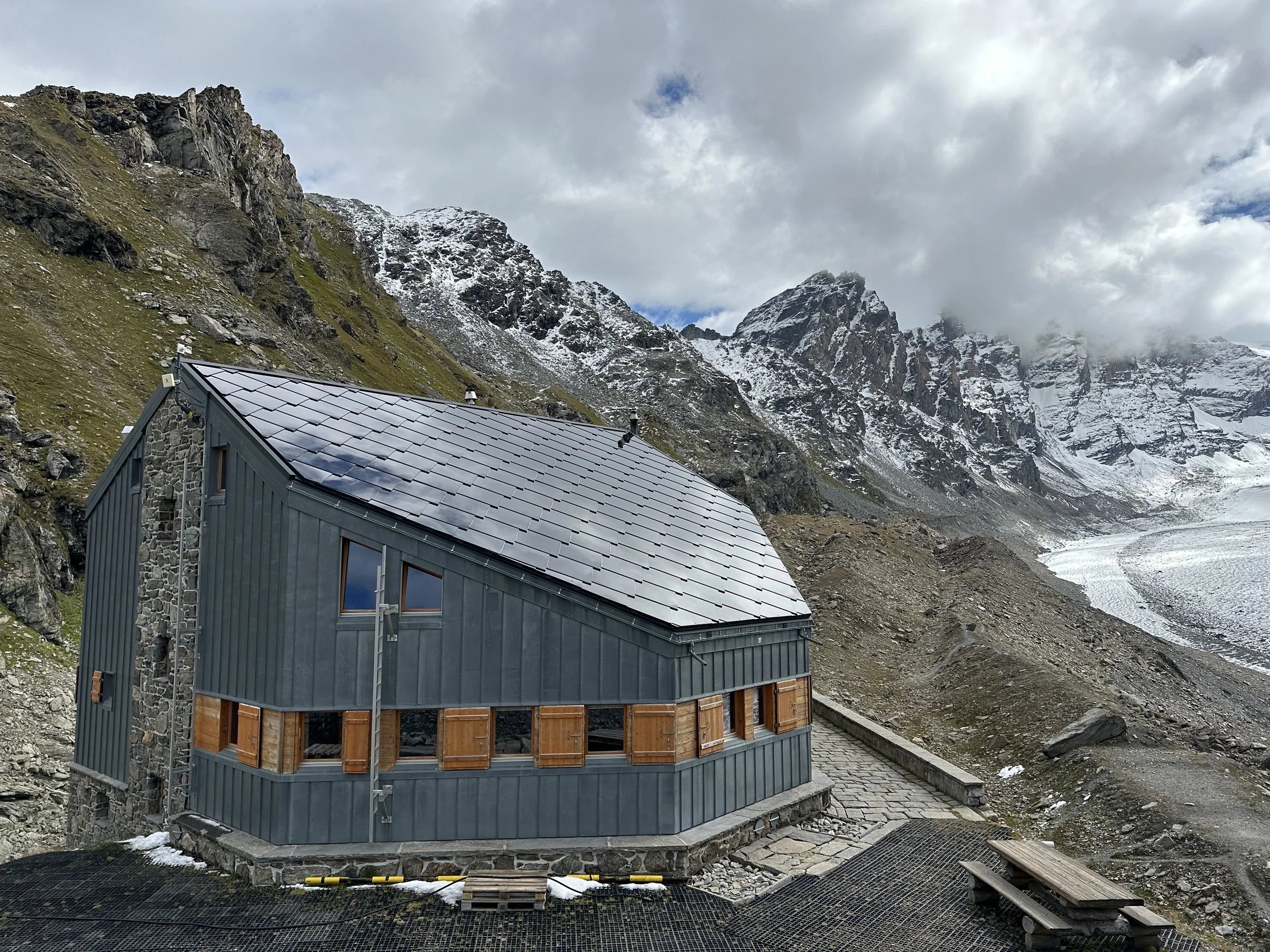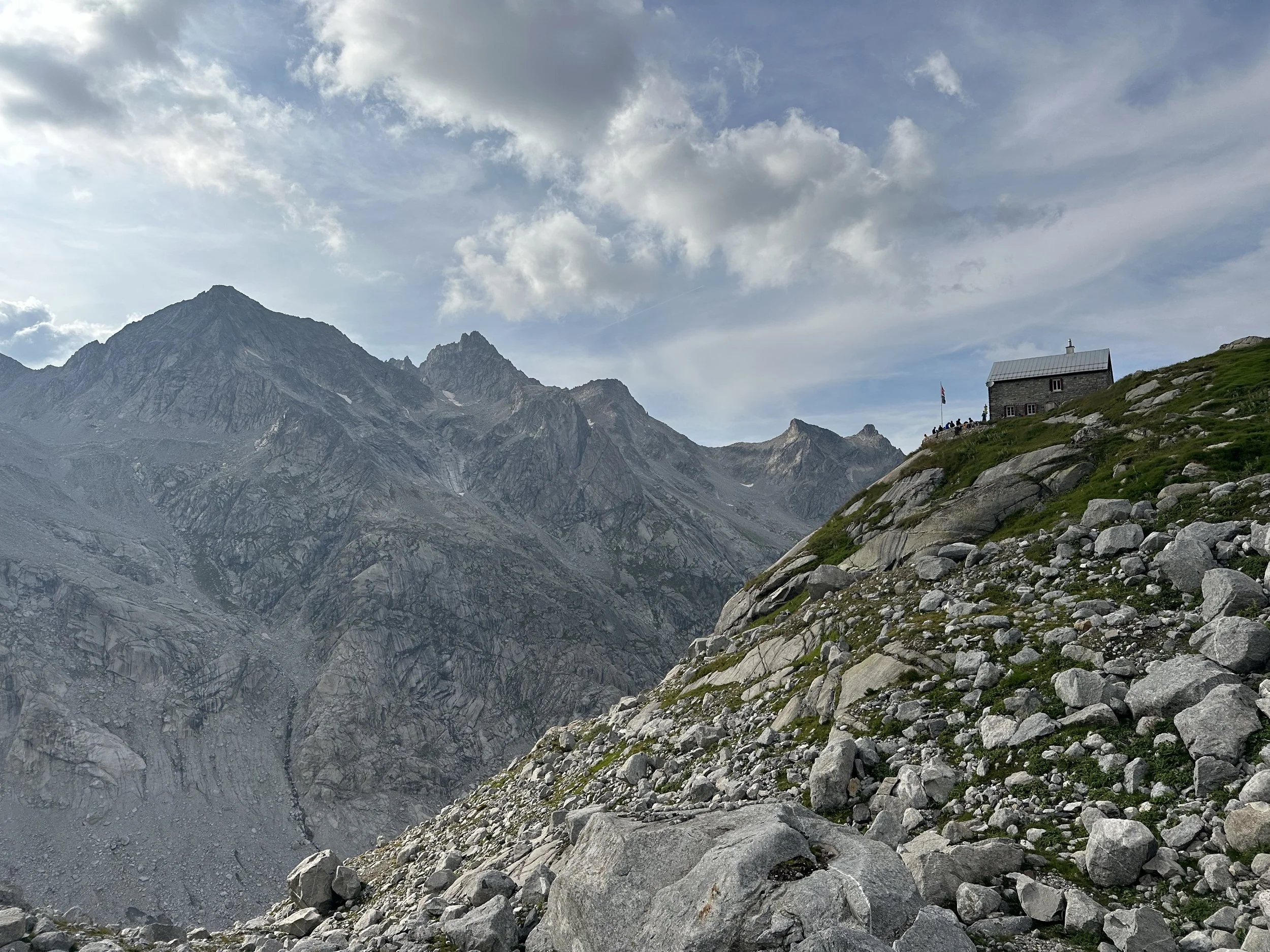Swiss Mountain Huts: Complete Guide to Staying in Alpine Huts in Switzerland
The Swiss mountain hut system is one of the most unique ways to experience the Alps. Whether you are planning a multi-day hike, a mountaineering tour, or just want an unforgettable overnight stay in the mountains, Swiss Alpine huts (also called SAC huts or alpine huts in Switzerland) provide affordable and comfortable accommodation right on the trails. Here are some basic things to know about this experience. And at the end, I list out some of my favorite huts for a single overnight.
What Is a Swiss Mountain Hut?
A Swiss mountain hut is essentially an alpine hostel for hikers and mountaineers. Huts offer dormitory-style beds, meals (dinner and breakfast), and basic facilities, all located in scenic alpine locations. Staying in a hut allows you to enjoy the remoteness of the mountains without carrying heavy camping gear. Most huts are operated by the Swiss Alpine Club (SAC), though some are privately owned.
How Much Does It Cost to Stay in a Swiss Hut?
The average price for a night in a Swiss hut is 70–90 CHF, which usually includes:
a dormitory bed
a hearty three-course dinner
a simple but filling breakfast
Some private huts may charge a bit more for added comfort. Reservations are essential, especially on weekends and during peak hiking season (July–September).
💡 Tip: SAC members receive small discounts on overnight stays.
What Can I Expect at a Swiss Hut?
When you arrive, you’ll leave your hiking boots in the mudroom and switch into provided slippers — a long-standing hut tradition. The atmosphere is warm and communal, with shared dining areas and panoramic terraces that make it easy to connect with fellow hikers.
Dinner: Typically served family-style in three courses (soup/salad, main, dessert).
Breakfast: Simple, often bread, cheese, jam, coffee, and muesli.
Sleeping arrangements: Dorm-style rooms with bunk beds or shared mattresses. Bring a sleeping bag liner, but blankets and pillows are provided.
Bathrooms: Shared, with basic facilities. Some huts offer showers for a small fee.
What to Bring for an Overnight Stay
Even though huts provide most essentials, a few key items make your stay more comfortable:
Lightweight sleeping bag liner (I also have started bringing a small pillowcase)
Headlamp for nighttime trips to the bathroom
Cash (CHF) for accommodation payment, extra drinks or showers
Reusable water bottle
Comfortable clothes for the evening
Earplugs & eyemask for dorm sleeping
What Other Types of Accommodation Are Available in the Alps?
In addition to traditional SAC mountain huts, hikers can choose from village guesthouses, mountain hotels, hostels, and farm stays. Each offers a different experience, from dormitories to private rooms with more amenities. Many still offer the same half-board option that you would get in a hut as well. This variety allows flexibility for overnight stays or multi-day treks, mixing huts with other types of accommodation along your route.
My Favorite Huts
I’ve lived in Switzerland for over seven years, and have stayed in my fair share of mountain huts. I personally love huts that are off the touristic track, with For a single overnight, these are my favorite:
Geltenhütte (Berner Oberland)
Cabane Panossière (Valais)
Capanna da Forno (Engadin)
Leglerhütte (Glarus)
Windgällenhütte (Uri)
Cabane Rambert (Vaud)
Capanna Cristallina (Ticino)
Terrihütte (Graubünden)






